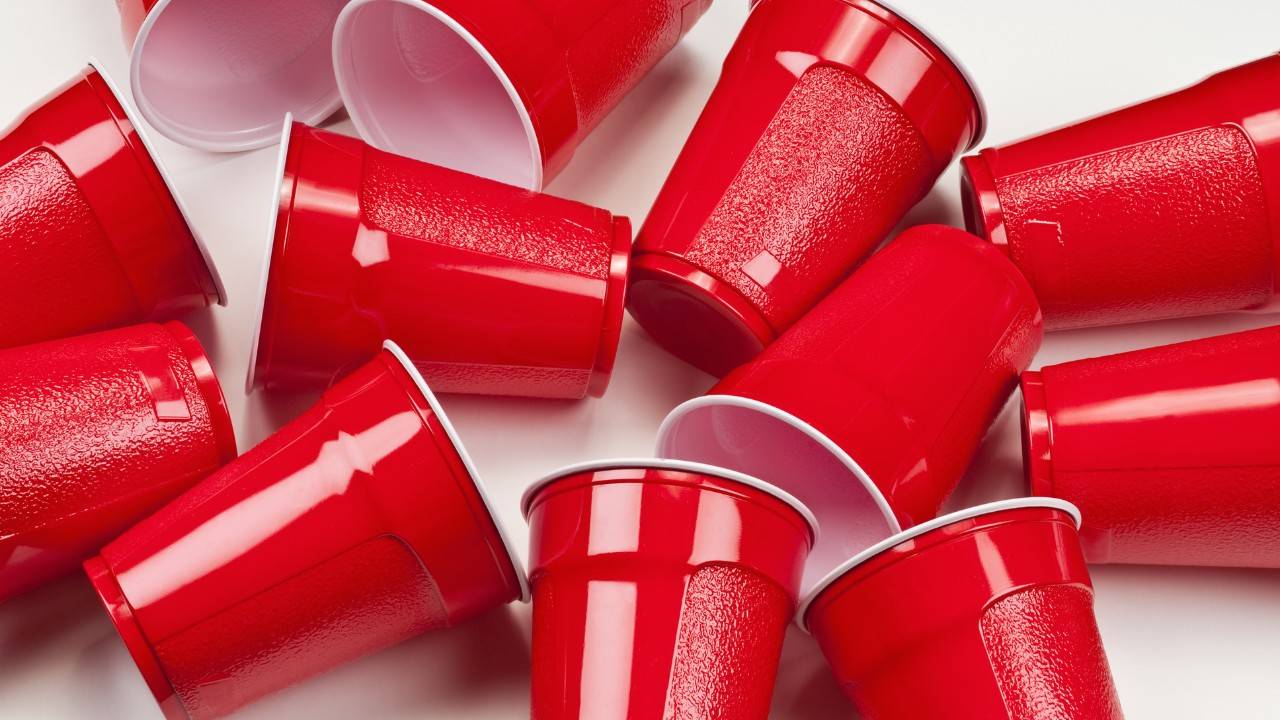Scientists have linked plastic and climate change for a long time, but a Swedish company called Bolon that makes vinyl flooring has turned that concept on its head.
While it is true that 30% of plastic ends up in single-use products that cause a lot of unnecessary resource usage and pollution, Bolon has figured out sustainable ways to create very long-lasting products.
Not only does the company’s entire manufacturing process rely on renewable energy, but all the plastic waste re-enters the production process.
It means that all products have zero climate impact, which is an impressive achievement.
Dezeen has an interesting comment that is worth considering.
“It’s light, strong, easy to form,” he explained. “It’s resource-efficient. And it actually reduces climate change,” when compared to heavier materials that require more energy during manufacturing.
Steel, for example, needs to be heated to around 1,000 degrees Celsius before it can be forged, whereas lightweight thermoplastics can be moulded at around 200 degrees.
“In a modern car there are about 200 kilogrammes of construction plastic, which makes the car lighter,” he added. “And when the car is lighter, it needs less petrol.”
This certainly is a controversial standpoint, but if the plastic industry could follow Bolon’s lead, then a genuinely circular economy for an energy-efficient resource should be possible.
I still think the concept of bioplastics requires further development and could become a more viable solution. But until that is viable, it’s essential to improve all current plastic uses.


